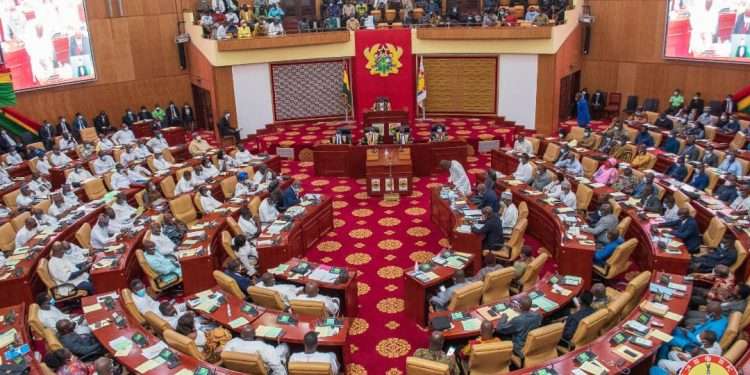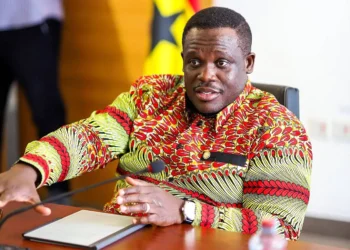The legislative branch of government plays a vital role in Ghana’s democratic system, acting as a representative body that safeguards the interests of the people and ensures effective governance.
The primary function of the legislature in Ghana is the enactment of laws. The Parliament has the authority to introduce, debate, and pass legislation. Bills are proposed by members of Parliament or the government and undergo rigorous scrutiny, debate, and amendment. This process takes place in committees and plenary sessions, allowing for diverse perspectives and the inclusion of public input through consultations and debates.
“No one can direct Parliament on how it does its job… The executive arm of government cannot direct Parliament in the conduct of its legislative business. However, checks and balances ensure that sometimes, cooperation happens between the various organs.”
Prof. Ernest Kofi Abotsi
According to the Dean of the Law School at the University for Professional Studies, Accra (UPSA), Prof. Ernest Kofi Abotsi, while the other arms of government can intervene in matters of external legal compliance, the principle of separation of powers mandates that each arm of government operate autonomously within its jurisdiction.
In Ghana, the separation of powers is embodied in the constitution. This division of power is intended to prevent any single branch from becoming too powerful and to ensure that each branch can hold the others accountable.
Prof. Ernest Kofi Abotsi also highlighted the principle of checks and balances as a mechanism to foster cooperation among different branches while maintaining their independence.
For instance, Parliament exercises oversight through committee hearings, debates, and questioning of government officials. It holds the executive accountable and ensures transparency in decision-making processes. Additionally, Parliament has the power to approve budgets, confirm appointments, and pass legislation.
The judiciary on the other hand plays a critical role in upholding the rule of law, reviewing the constitutionality of laws, and safeguarding fundamental rights and freedoms. It acts as a check on both the executive and legislative branches, ensuring their actions align with the Constitution.
The President and other executive officials are subject to scrutiny and accountability. They are accountable to Parliament, answerable to the judiciary, and subject to public opinion.
He further explained that while the executive may offer suggestions or preferences to Parliament, it cannot dictate legislative outcomes, otherwise, each branch retains the authority to assert its position.
Elaborating on the powers of the legislature, Prof Abotsi stated “Parliament can pass the bill without the participation of the Executive, but it is a collaborative process and the expectation is that they will not over-rule each other but cooperate.”
Balancing Democracy and Effective Governance
The application of separation of powers and checks and balances in Ghana has fostered democratic ideals and facilitated good governance in several ways.
The distribution of power among different branches prevents any single entity from becoming too powerful or authoritarian. It ensures that decisions are made through debate, and consensus, and with the best interests of the nation in mind.
However, the Implementation of checks and balances enhances transparency in the decision-making process. It ensures that laws are enacted through legitimate processes, budgets are approved, and actions are justifiable and accountable to the public.
“This ongoing scenario poses a grave threat to our legislative authority and, by extension, the democratic principles we strive to uphold. The implications of such executive actions extend far beyond the immediate legislative items at hand. They erode the foundational checks and balances that our forebearers painstakingly established to ensure a vibrant and functioning democracy.”
Rt Hon Alban Sumana Bagbin, Speaker of Parliament
The legislature in Ghana holds significant powers that are critical for democratic governance and effective representation. Through lawmaking, oversight functions, representation, and constitutional authority, Parliament plays an essential role in promoting transparency, accountability, and the protection of citizen rights.
By exercising these powers responsibly and effectively, the legislature contributes to the democratic fabric of Ghana, enabling the enactment of just laws, effective governance, and the advancement of the nation.
READ ALSO: Private Sector in the Economic Development of Ghana


















